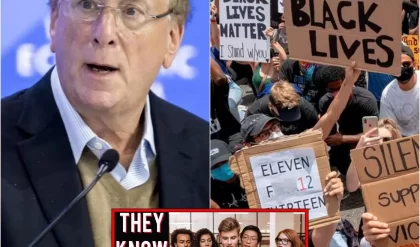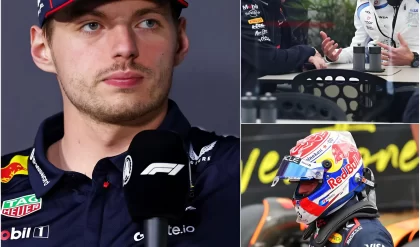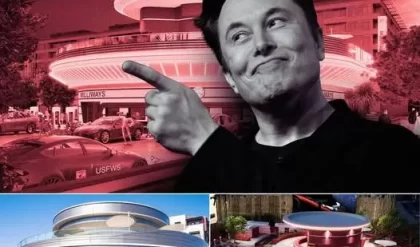Superman’s Stumble: James Gunn Faces Challenges with Supergirl and DCU’s Future
The DC Universe, under the stewardship of James Gunn and Peter Safran, launched with high hopes as Superman hit theaters on July 11, 2025, marking the first major film in the rebooted DCU. With a bold vision to revitalize a franchise plagued by past missteps, the film was poised to set the tone for a new era of interconnected superhero storytelling. However, despite a promising domestic opening, the international box office performance has sparked concern, casting a shadow over the DCU’s next chapter, particularly the highly anticipated Supergirl film, slated for release on June 26, 2026. As whispers of “Superman panic” circulate, questions arise about whether Gunn’s ambitious plans for the DCU, including Supergirl, can weather this early storm.
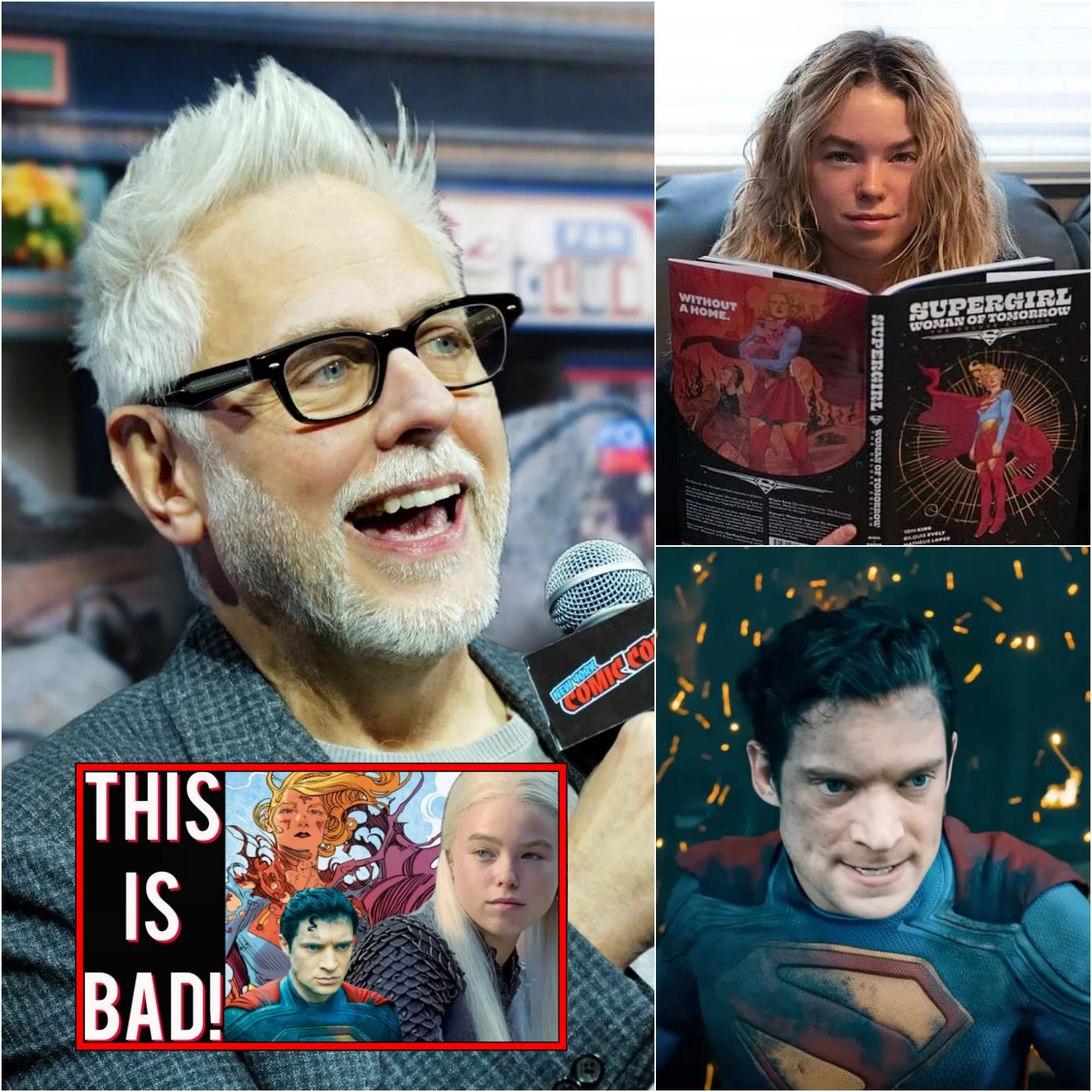
The Superman film, directed and written by Gunn, was a critical darling, earning an 85% “Certified Fresh” rating on Rotten Tomatoes and an “A-” CinemaScore from audiences. Starring David Corenswet as Clark Kent, Rachel Brosnahan as Lois Lane, and Nicholas Hoult as Lex Luthor, it delivered a heartfelt, optimistic take on the iconic hero, a stark contrast to the darker tones of Zack Snyder’s earlier DC Extended Universe (DCEU). The film opened to a robust $124 million domestically and crossed $200 million globally during its opening weekend, a figure that outpaced Gunn’s Guardians of the Galaxy Vol. 3 ($118.4 million). Yet, the international box office told a different story, with weaker-than-expected returns in key markets like China, where presales lagged behind projections for opening weekend.
This underwhelming international performance has fueled speculation about the DCU’s viability. A YouTube video titled “Superman PANIC! James Gunn confirms the WORST for Supergirl after box office disappointment!” amplified these concerns, suggesting that Superman’s global shortfall could jeopardize Warner Bros.’ reboot plans, particularly for Supergirl, directed by Craig Gillespie and starring Milly Alcock as Kara Zor-El. The video, posted by user @JoseyNero on July 14, 2025, pointed to Superman’s $225 million production budget and $100 million marketing costs, arguing that the film needed to gross closer to $700 million worldwide to be deemed a true success—a figure it’s unlikely to reach based on current trends.
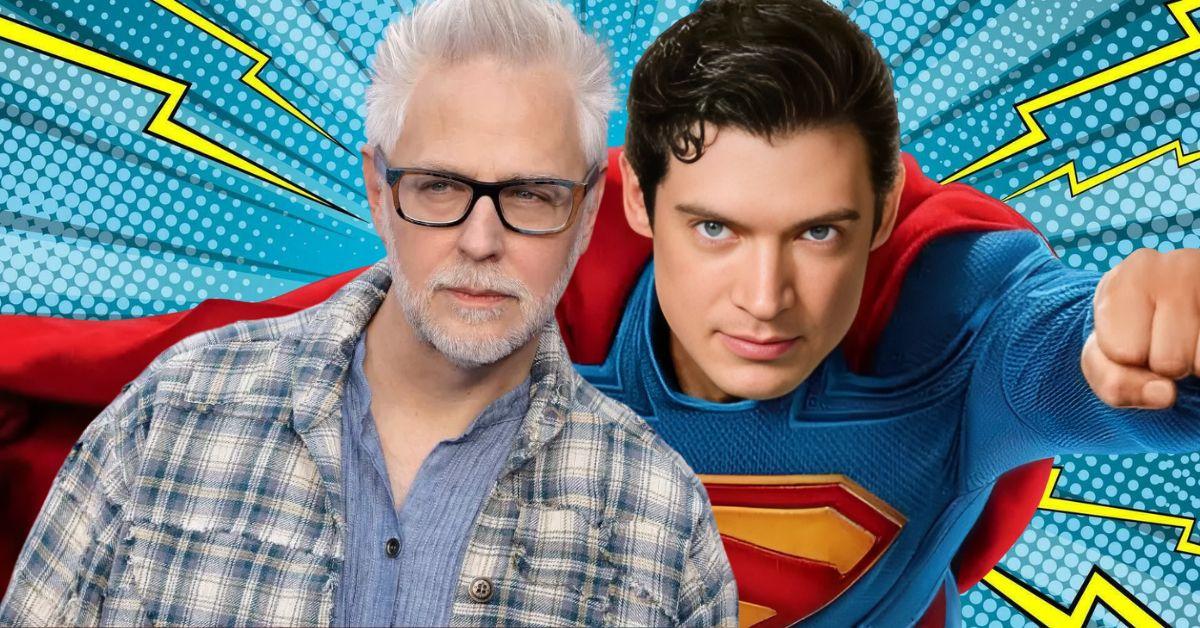
James Gunn, however, has pushed back against such claims. In a GQ interview profiling Superman star David Corenswet, Gunn dismissed the notion that the film needed to hit $700 million to succeed, calling it “complete and utter nonsense.” He emphasized that Superman was “not the riskiest endeavor in the world” and downplayed the pressure, suggesting that the film’s performance, while critical, was not a make-or-break moment for the DCU. “Is there something riding on it? Yeah, but it’s not as big as people make it out to be,” Gunn stated, signaling confidence in the broader vision for DC Studios.
Despite Gunn’s optimism, the stakes for Supergirl are undeniably high. Originally titled Supergirl: Woman of Tomorrow, the film draws inspiration from the 2021–2022 comic miniseries by Tom King and Bilquis Evely, which portrays a darker, more hardened Kara Zor-El compared to her cousin, Superman. Gunn has described Supergirl as a “pixie-ish, but very attitudinal character” with a “much more difficult background” than Clark Kent, who was raised by loving parents on Earth. “She’s had real issues growing up,” Gunn told Rolling Stone, hinting at a complex, emotionally charged portrayal that contrasts with the earnest depiction of Supergirl in the Arrowverse series (2015–2021). Milly Alcock, fresh off her breakout role in House of the Dragon, was Gunn’s first choice for the role, praised for her “edge, grace, and authenticity.”
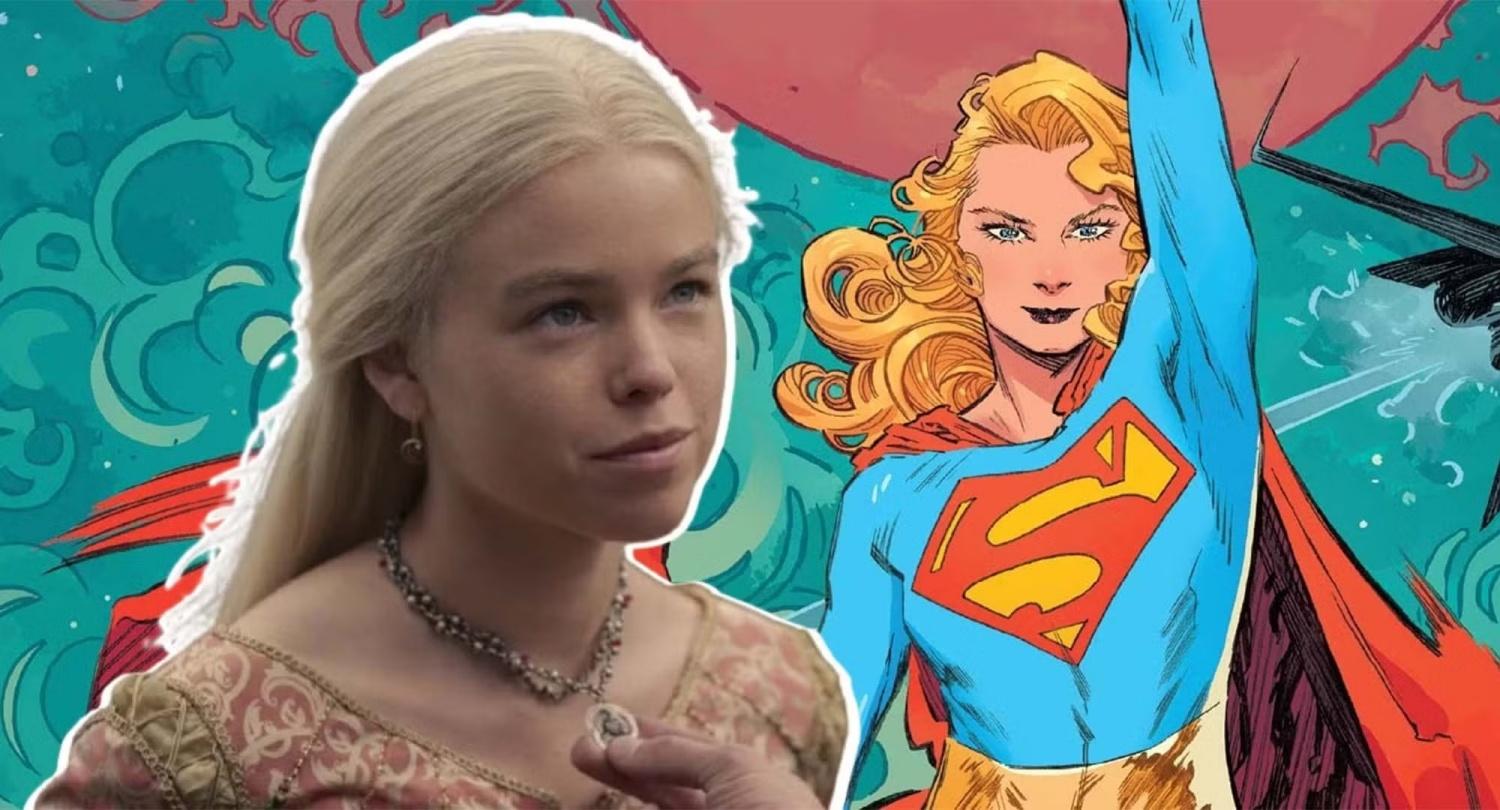
The decision to retitle the film simply Supergirl reflects Gunn’s broader strategy to streamline DCU projects. “I’m sick of the superhero title, colon, other-name thing,” he told Rolling Stone, explaining the shift from Supergirl: Woman of Tomorrow to a cleaner, more mysterious title. This move aligns with his earlier decision to rename Superman: Legacy to Superman, aiming to keep the focus on the characters themselves. Yet, this rebranding has sparked debate among fans, with some lamenting the loss of the comic’s subtitle, which emphasized Kara’s mature, cosmic journey.
The Supergirl film, written by Ana Nogueira and featuring a cameo by Jason Momoa as the bounty hunter Lobo, is a pivotal piece of the DCU’s Chapter One: Gods and Monsters. Its narrative, described by Gunn as a “beautiful, star-spanning tale,” follows Kara Zor-El’s quest for revenge alongside a young girl named Ruthye, targeting a mercenary who killed her father. The inclusion of Krypto, the super-powered dog, adds a playful element, but the film’s darker tone and Alcock’s debut as a leading star place significant pressure on its success. Gunn has praised director Craig Gillespie, calling him a “dream” collaborator, and noted that principal photography wrapped in London, with early footage looking “amazing.”
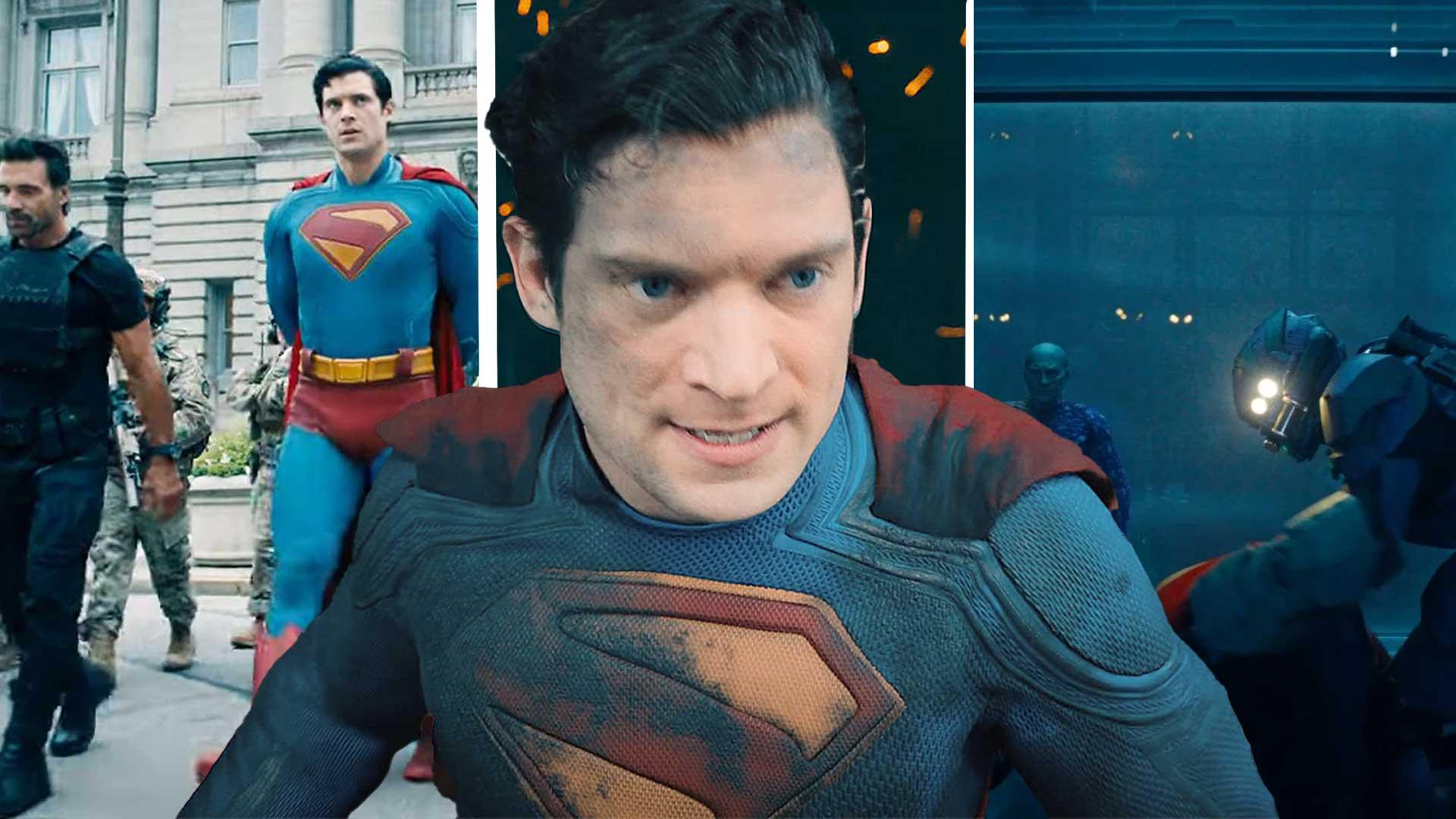
However, the mixed reception to Superman has raised concerns about audience appetite for another Kryptonian-led film so soon. While some critics, like IGN’s Wesley Yin-Poole, hailed Superman as a “wonderfully entertaining, heartfelt cinematic reset” with an 8/10 rating, others were less kind. Forbes’ Erik Kain called it a “generic, dull, overwritten disaster,” criticizing its overstuffed cast and predictable plot. The presence of supporting characters like Nathan Fillion’s Green Lantern Guy Gardner, Isabela Merced’s Hawkgirl, and Edi Gathegi’s Mister Terrific was a highlight for some, but others felt it detracted from Clark Kent’s story. This division could impact Supergirl, especially if audiences perceive it as another ensemble-heavy project rather than a focused character study.
Warner Bros. Discovery CEO David Zaslav remains bullish on the DCU’s potential. In a statement following Superman’s opening weekend, he praised Gunn’s personal connection to DC heroes, recalling how Gunn described them as “like his family.” Zaslav called Superman the “first step” in a “bold 10-year plan,” with Supergirl, Clayface, and HBO’s Lanterns series set to expand the universe. Yet, industry insiders suggest caution. The Wrap reported that DC Studios is likely to wait for Superman’s final box office tally before greenlighting additional projects beyond Supergirl and Clayface, indicating a strategic pivot if needed. “Greenlighting Supergirl may seem risky, but it shows a commitment to the larger brand,” an insider noted.
Posts on X reflect the polarized sentiment. Users like @DCUHypeGuy and @GeekCultureCo echoed Gunn’s comments about Supergirl’s “messy” upbringing, framing it as a fresh take on the character. Conversely, @YellowFlashGuy amplified the “Superman panic” narrative, warning that Supergirl could suffer from the same issues that plagued Superman’s international performance. This social media buzz underscores the challenge DC Studios faces in maintaining fan enthusiasm while navigating a competitive summer movie landscape, with Marvel’s The Fantastic Four: First Steps looming as a rival in 2025.
For Supergirl to succeed, it must carve out its own identity while capitalizing on the DCU’s early momentum. Alcock’s casting and Gillespie’s direction are strong foundations, and the film’s cosmic, revenge-driven story promises a unique addition to the superhero genre. Yet, the shadow of Superman’s international struggles lingers. If Supergirl can deliver a compelling, character-driven narrative, it could solidify the DCU’s place as a contender against the MCU. For now, fans and industry watchers alike are left wondering: can Kara Zor-El soar where her cousin stumbled, or will the DCU’s reboot face further turbulence?
